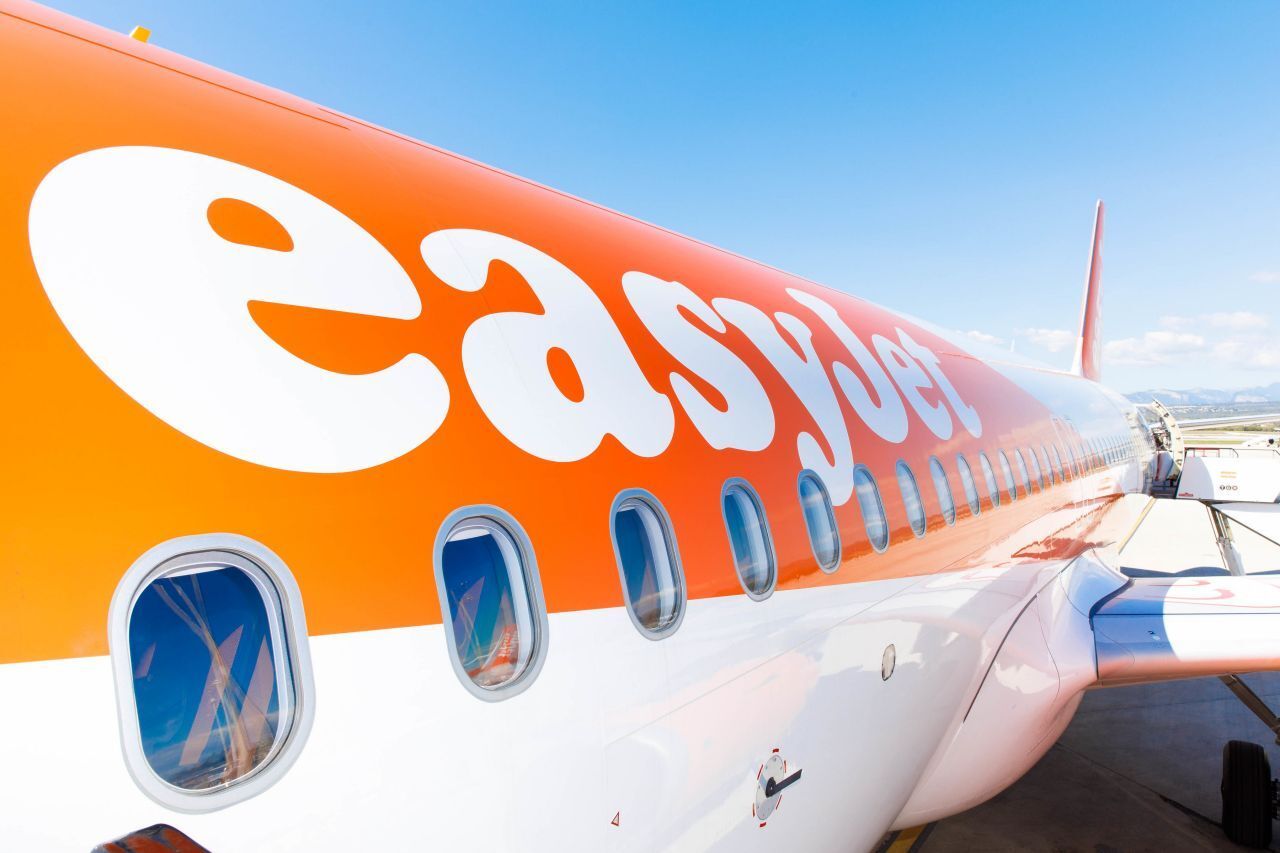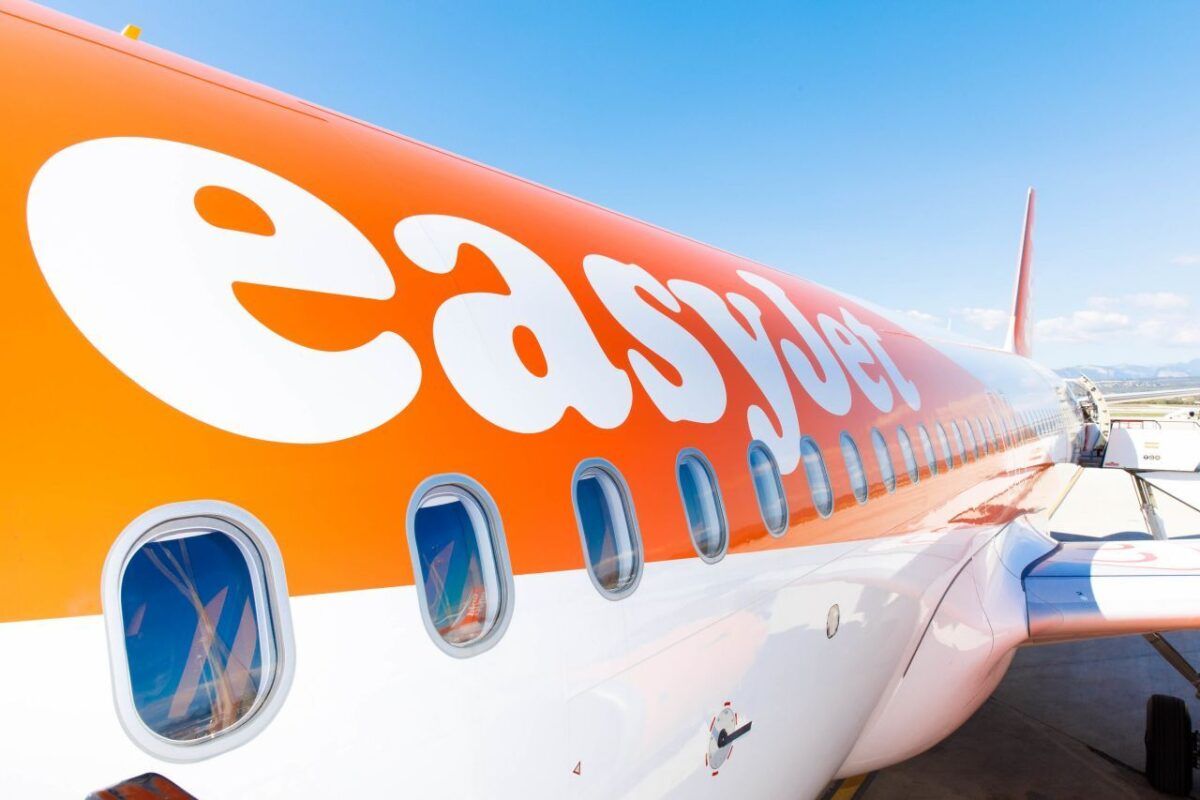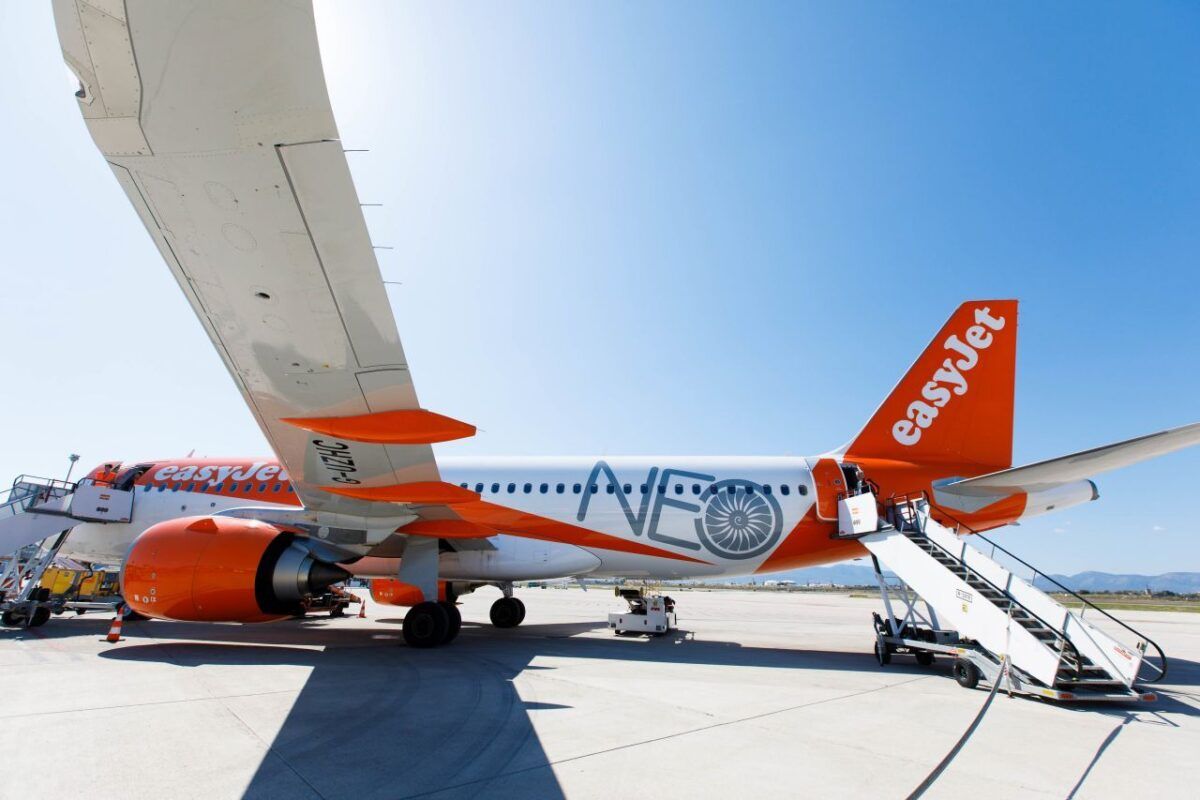easyJet has expanded its fleet with new-technology, fuel-efficient aircraft, taking delivery of its 67th A320neo Family aircraft this month, in a significant move towards greater environmental sustainability.
The airline is in the process of renewing its fleet as part of its commitment to achieving net-zero emissions. This involves gradually phasing out older Airbus A320ceo Family aircraft and replacing them with new-technology A320neo Family aircraft, which are at least 15% more fuel-efficient. Additionally, the new planes reduce noise levels by up to 50% during taxiing, take-off and landing.
The renewal programme will see the A320neo Family aircraft make up 25% of easyJet’s overall fleet by October next year. According to current delivery plans, easyJet expects to receive 19 more A320neo Family aircraft by the end of 2024, with an additional 27 set to arrive in 2025.
David Morgan, Chief Operating Officer at easyJet, emphasized the importance of efficient technology in reducing emissions. “The adoption of more efficient technology is the single biggest contributor to reducing emissions in the short term, and the roll-out of new neo aircraft is a key part of this,” he said.
easyJet is also incorporating new operational efficiencies, including the addition of Descent Profile Optimisation (DPO) and Continuous Descent Approach (CDA) software from Airbus. These technologies will enhance fuel-saving capabilities and reduce noise impact on the ground.
Wouter Van Wersch, Airbus President Europe Region & Sales, highlighted the value of their partnership with easyJet, saying, “As we continue to fulfil easyJet’s orders, each A320neo delivery future-proofs the airline’s growth as traffic rebounds.”
easyJet is the world’s largest operator of Airbus’ single-aisle aircraft, with over 300 planes currently in service, including the A319, A320ceo, A320neo and A321neo. The airline services over 130 European airports across 31 countries, operating over 1,000 routes.











